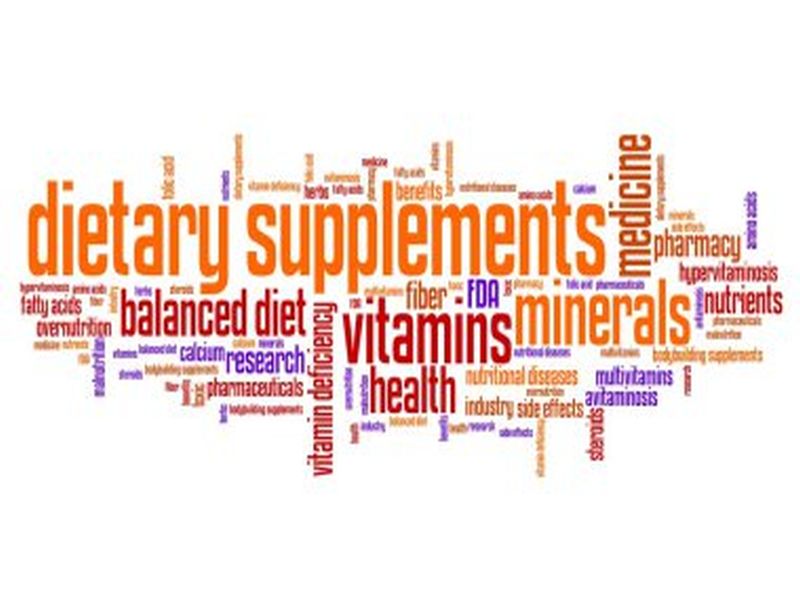Managing blood pressure without medication is a viable and often preferred option for many individuals seeking to maintain heart health through natural means. High blood pressure, or hypertension, is a common condition that can lead to serious health complications if left unchecked. However, adopting certain lifestyle changes can significantly help in controlling blood pressure levels.
One of the most effective ways to manage blood pressure is through dietary adjustments. The DASH (Dietary Approaches to Stop Hypertension) diet is specifically designed to combat high blood pressure. This diet emphasizes the consumption of fruits, vegetables, whole grains, lean proteins, and low-fat dairy products while reducing the intake of saturated fats, cholesterol, and sodium. By focusing on nutrient-rich foods, individuals can lower their blood pressure and improve overall cardiovascular health.
Reducing sodium intake is crucial in managing blood pressure. High sodium levels can cause the body to retain water, leading to increased blood pressure. It is advisable to limit daily sodium intake to less than 2,300 milligrams, or even lower if possible. Reading food labels carefully and opting for fresh or minimally processed foods can significantly reduce sodium consumption.
Regular physical activity is another cornerstone of managing blood pressure. Engaging in at least 150 minutes of moderate best delta 9 gummies aerobic exercise each week, such as walking, jogging, swimming, or cycling, can help lower blood pressure by strengthening the heart and improving blood circulation. Exercise also aids in weight management, which is crucial since excess body weight is a risk factor for hypertension. Losing even a small amount of weight can have a positive impact on blood pressure levels.
Stress management plays an essential role in controlling blood pressure. Chronic stress can contribute to high blood pressure, so finding effective ways to manage stress is important. Techniques such as yoga, meditation, deep breathing exercises, and mindfulness can help reduce stress levels and promote relaxation. Additionally, ensuring adequate sleep each night supports overall health and helps maintain balanced blood pressure.
Limiting alcohol intake and quitting smoking are also vital steps in managing blood pressure without medication. Excessive alcohol consumption can raise blood pressure, while smoking damages blood vessels and increases the risk of heart disease. By moderating alcohol use and eliminating tobacco products, individuals can improve their cardiovascular health and lower their risk of developing hypertension-related complications.
In conclusion, managing blood pressure without medication involves a holistic approach that includes dietary changes, regular exercise, stress management, and lifestyle modifications such as reducing sodium intake, limiting alcohol consumption, and quitting smoking. These strategies not only help control blood pressure but also contribute to improved overall health and well-being, offering individuals a natural path to maintaining optimal heart health.




